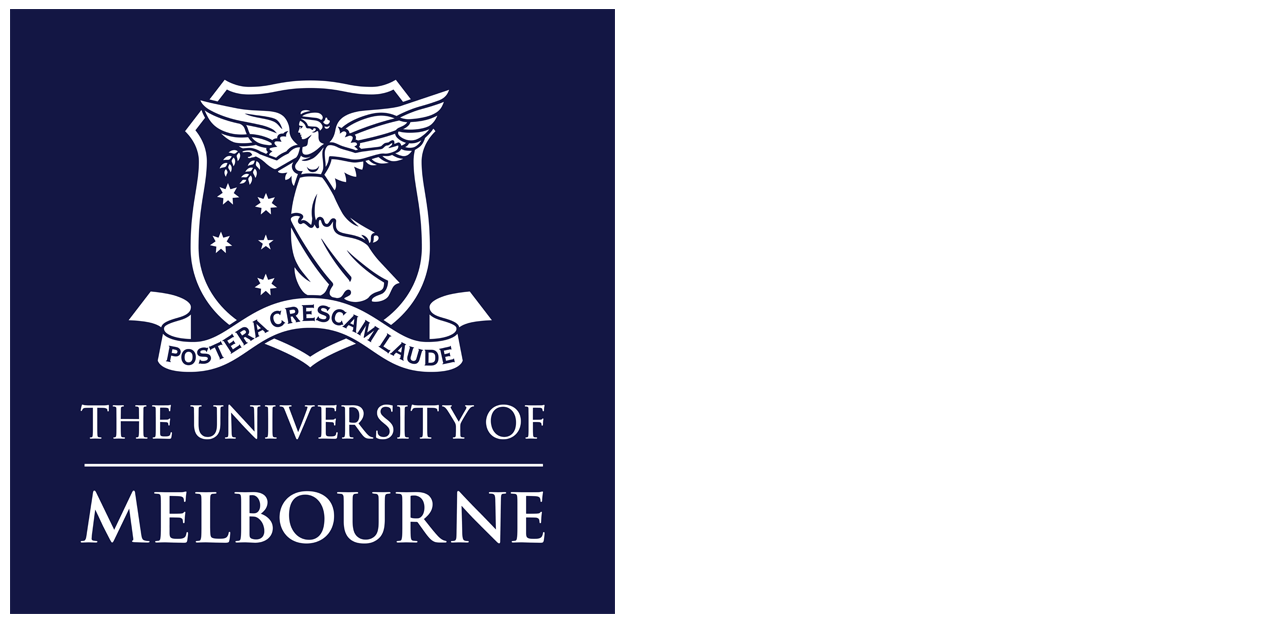

As part of the Ninian Stephen Law Program: New Legal Thinking for Emerging Technologies, the Centre for AI and Digital Ethics presents Graham Jefferson, Head of Legal Technology at Commonwealth Bank on new legal thinking for emerging technologies.
Over 25 years working at the intersections of technology and law Graham Jefferson has:
All the while he has tried (although not always successfully) to apply new ways of legal thinking.
Drawing on personal experience as an in-house technology lawyer in financial services and using Stuart Russell’s Reith Lectures as a provocation (‘AI is going to be the biggest event in human history’), Graham posits that lawyers and engineers can and must work more closely and draw inspiration from each other’s fields.
This event will be hybrid, please register to receive the Zoom link.

PRESENTERS
Graham Jefferson
General Manager and Head of Technology Legal
Graham studied law and computer science at the Australian National University. On completing his BSc. he worked as an analyst programmer for the Commonwealth Attorney General’s Department. This led to an LLB honours thesis on legal expert systems and an early analysis of the applications of AI to the law. After graduating he worked as a judge’s research assistant and then pursued a period of general legal practise (crime, litigation, general commercial). Wanting to combine his interests in computer science with a career as a lawyer he decided to specialise in information technology law. Much of Graham’s career has been spent in-house with financial services institutions including Barclays, Standard Chartered, Deutsche Bank and the Commonwealth Bank of Australia.